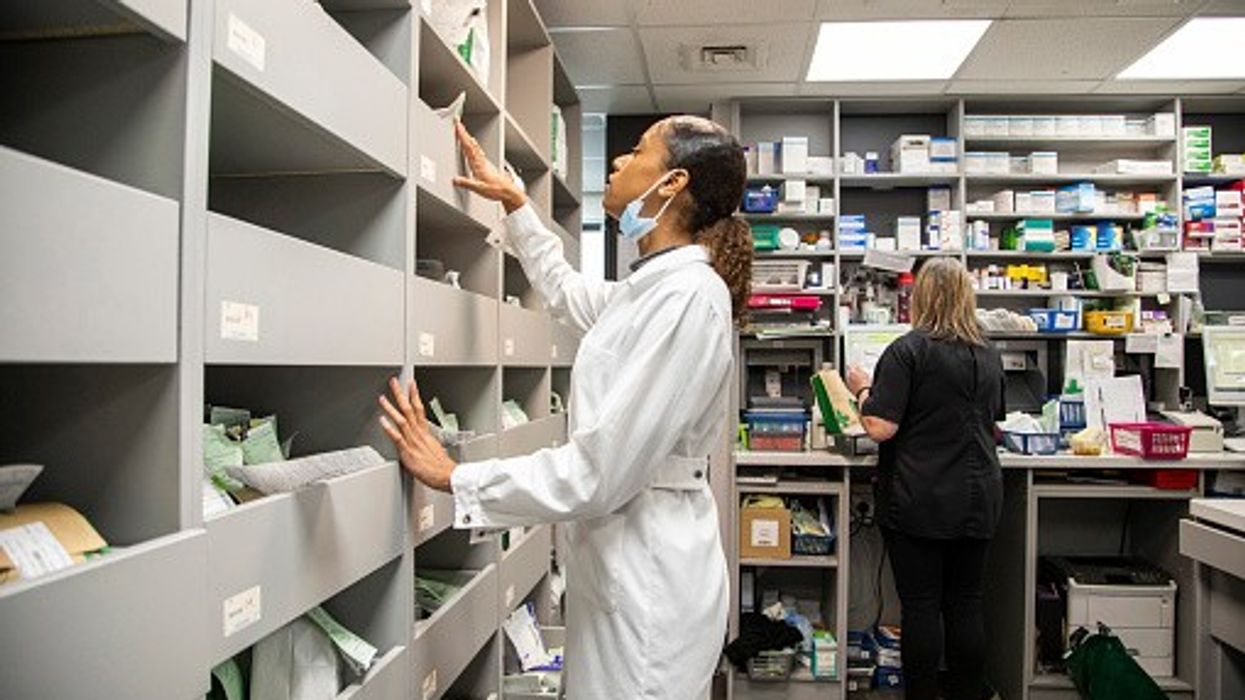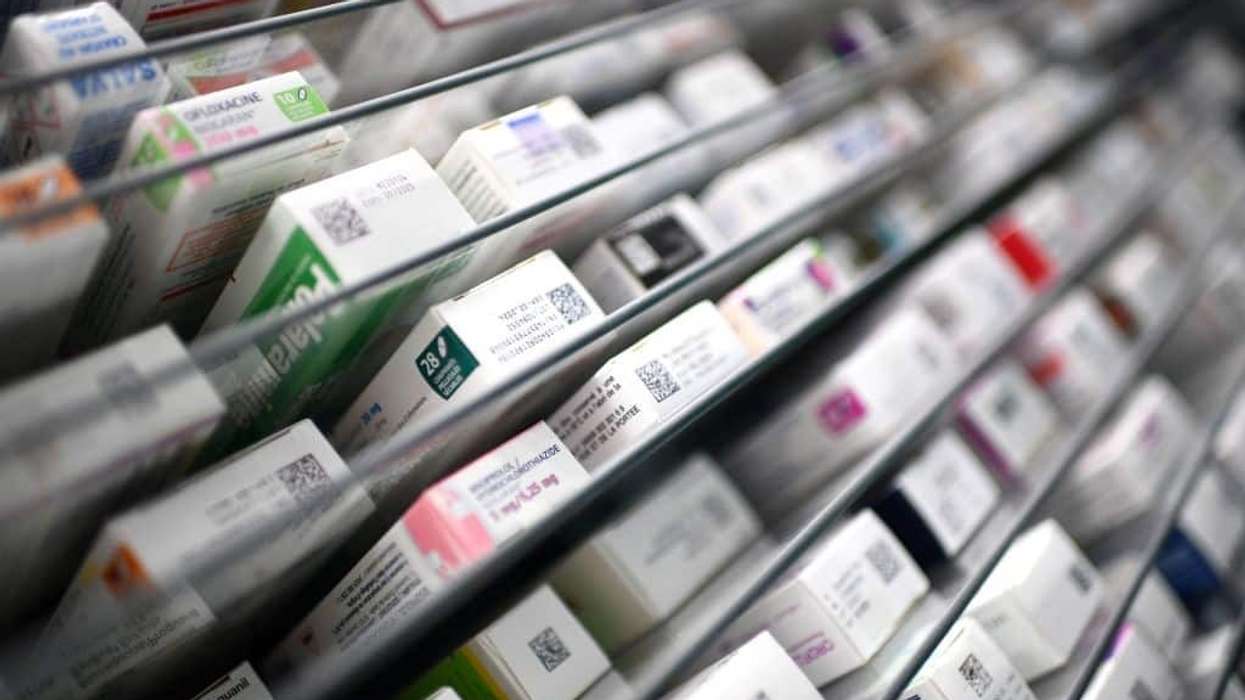Key Summary
- Investing in community pharmacy medicines advice services could help NHS potentially save around £1.21 billion
- Savings were identified from helping people stay healthier, avoiding unnecessary hospital admissions, and deprescribing some medicines
- The NHS in England spends more than £19 billion on medicines, making this the second largest expenditure, after the workforce
A study conducted by researchers from the University of York has found that expanding the reach of current NHS services and commissioning new pharmaceutical care services could help the national health provider save billions.
The study, done by The York Health Economics Consortium for the National Pharmacy Association (NPA), also found that it could help patients use their medicines more effectively.
The researchers modelled a potential £1.2 billion of savings and calculated other large-scale benefits – driving a further £2.7 billion of value for the NHS in terms of expected health gain.
The £1.21 billion savings were identified from investing in community pharmacy medicines advice services.
Savings were identified from helping people stay healthier, avoiding unnecessary hospital admissions and deprescribing medicines that are no longer required.
It pointed out that the full use of one service alone – the NHS Discharge Medicines Service - could relieve pressure on wards by releasing nearly an extra million days currently spent in hospital beds.
It could also result in an annual cost saving of £26.3 million.
Prescribing reviews for people taking 10 or more medicines could result in net savings of nearly £620 million from reduced medicine costs and a reduction in hospital admissions.
The NHS in England spends more than £19 billion on medicines, making this the second largest single expenditure, after the workforce.
Increasing the uptake of personalised asthma action plans if they were routinely provided by community pharmacy could prevent hospital visits and deaths and generate additional cost savings of over £70 million.
Offering Structured Medication Reviews in community pharmacy has the potential to save a large amount of GP practice time and reduce NHS costs, particularly if this is targeted at people currently taking potentially addictive medicines - a population estimated to be over six million with only 16 percent receiving an SMR in 2023/24.
The data shows potential benefits for patients equivalent to over 100,000 years of additional healthy life per annum – so called ‘Quality Adjusted Life Years’.
NPA chief executive, Henry Gregg, said, “This is a win-win-win. The public purse gains from a substantial return on investment, the NHS gains because we can relieve pressure on hospital beds and, above all, patients enjoy longer, healthier lives.
“As accessible medicines experts, community pharmacists are already the go-to healthcare professionals for millions of people who want support getting the best, safe use from medicines.
“Patients using our medicines advice services already benefit from reduced pain, reduced hospital length of stay and improved overall physical and mental wellbeing."
He sees this as a kind of ‘medicines reset’ for a population that isn’t currently getting the best use from their prescribed medicines.
The York Health Economics Consortium lead researcher, Nick Hex said, "Medicines are a considerable cost to the health system, so it is vital that their use is optimised. Our report shows that more investment in community pharmacist support could result in very substantial benefits to patients and better value for money for the NHS."












